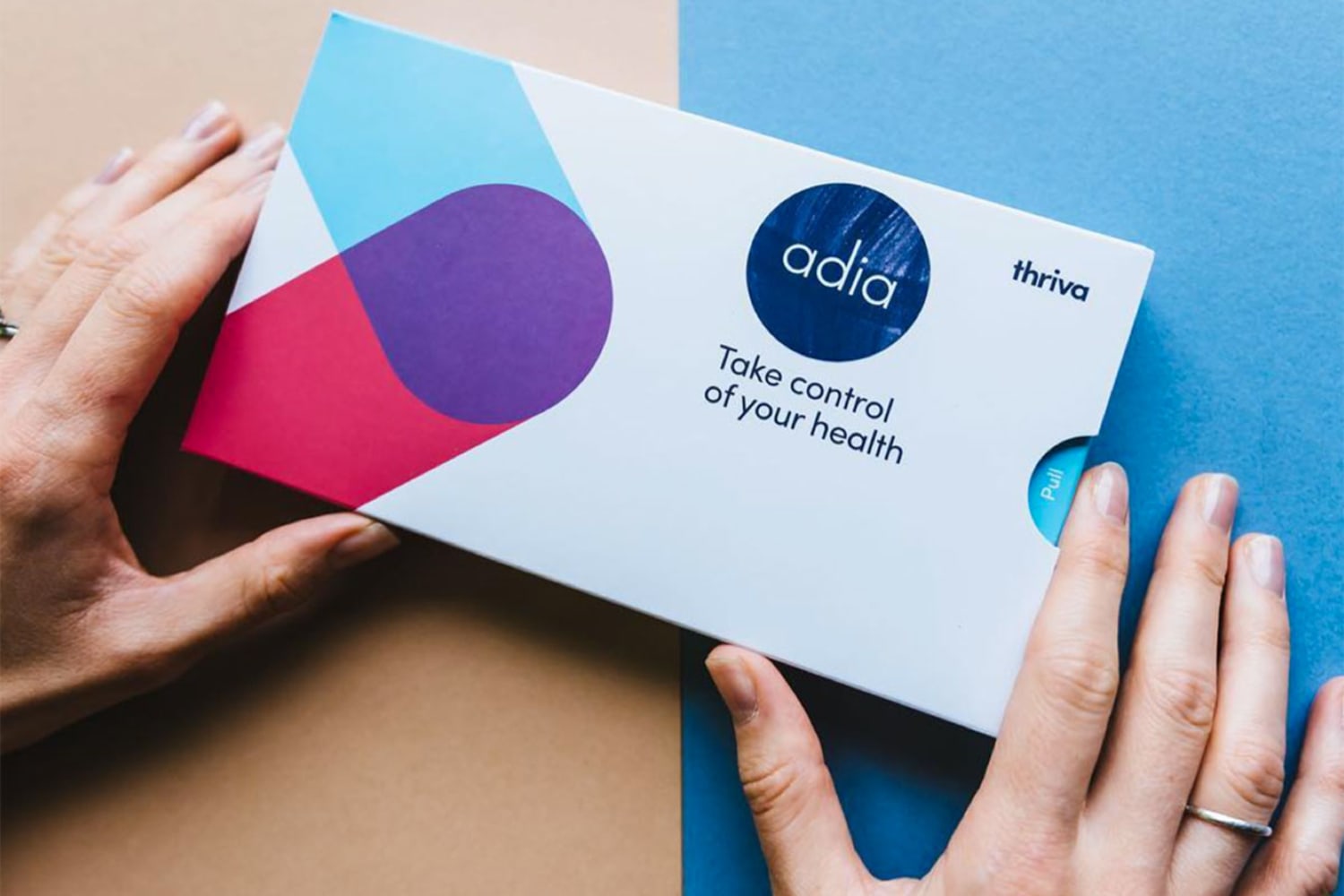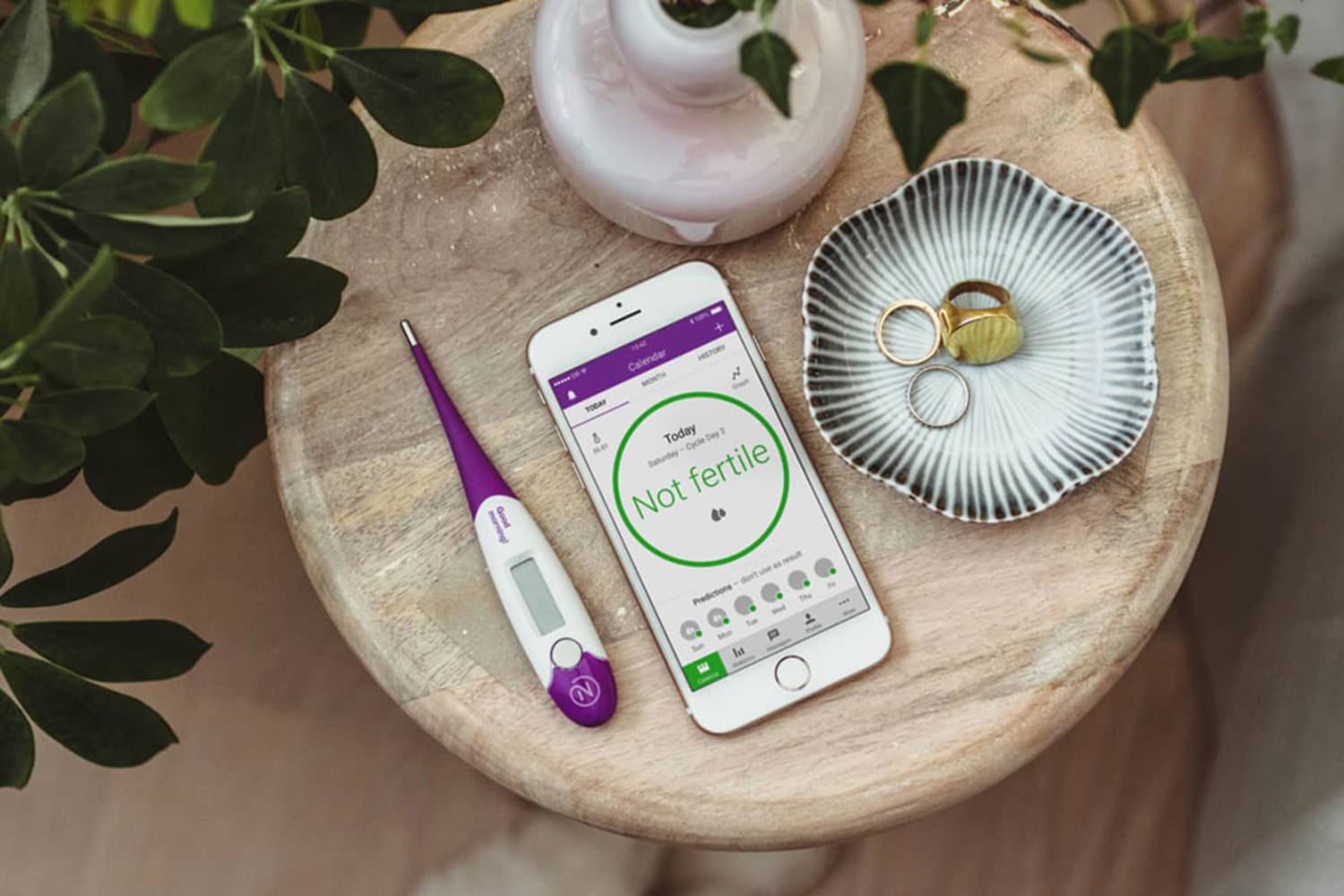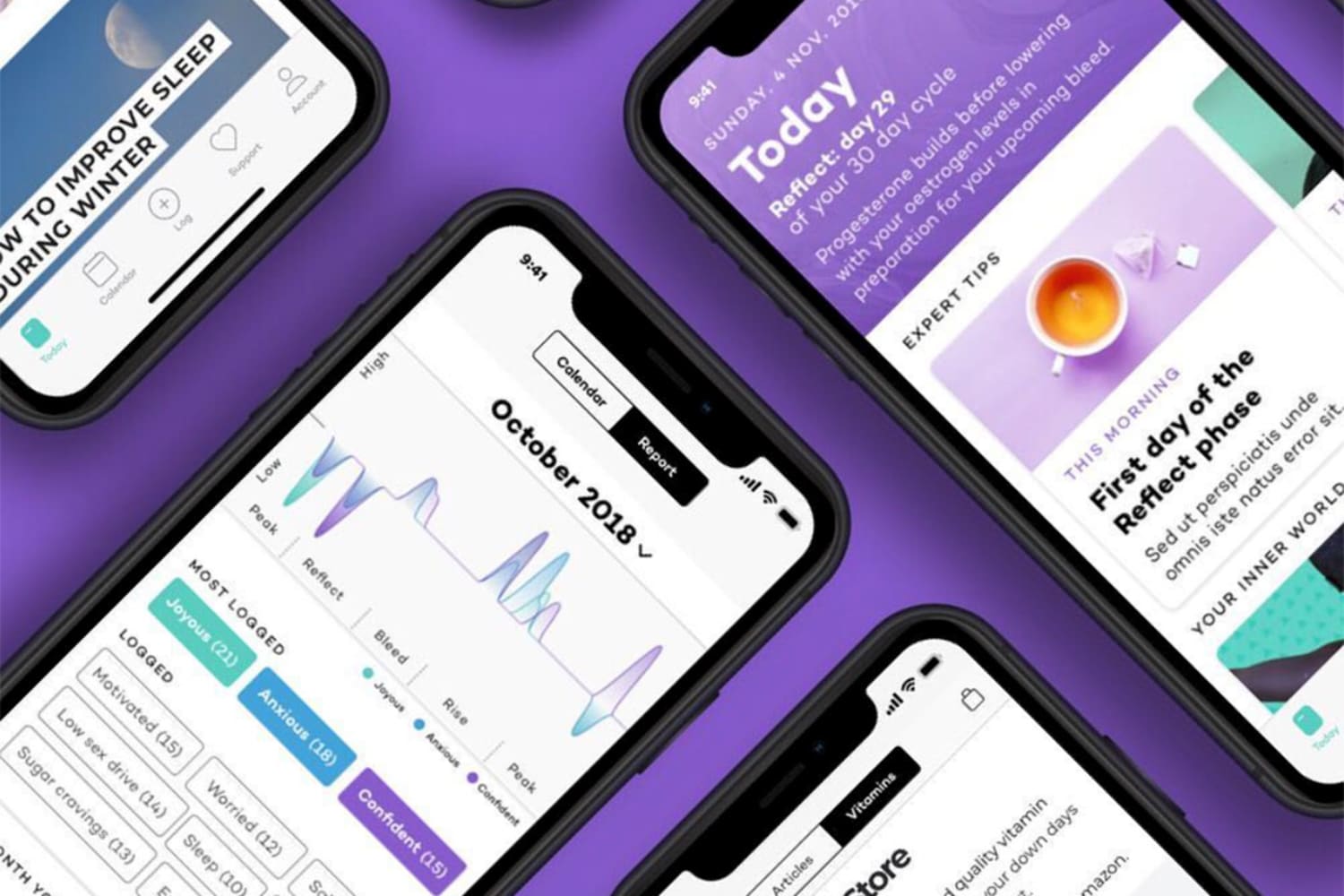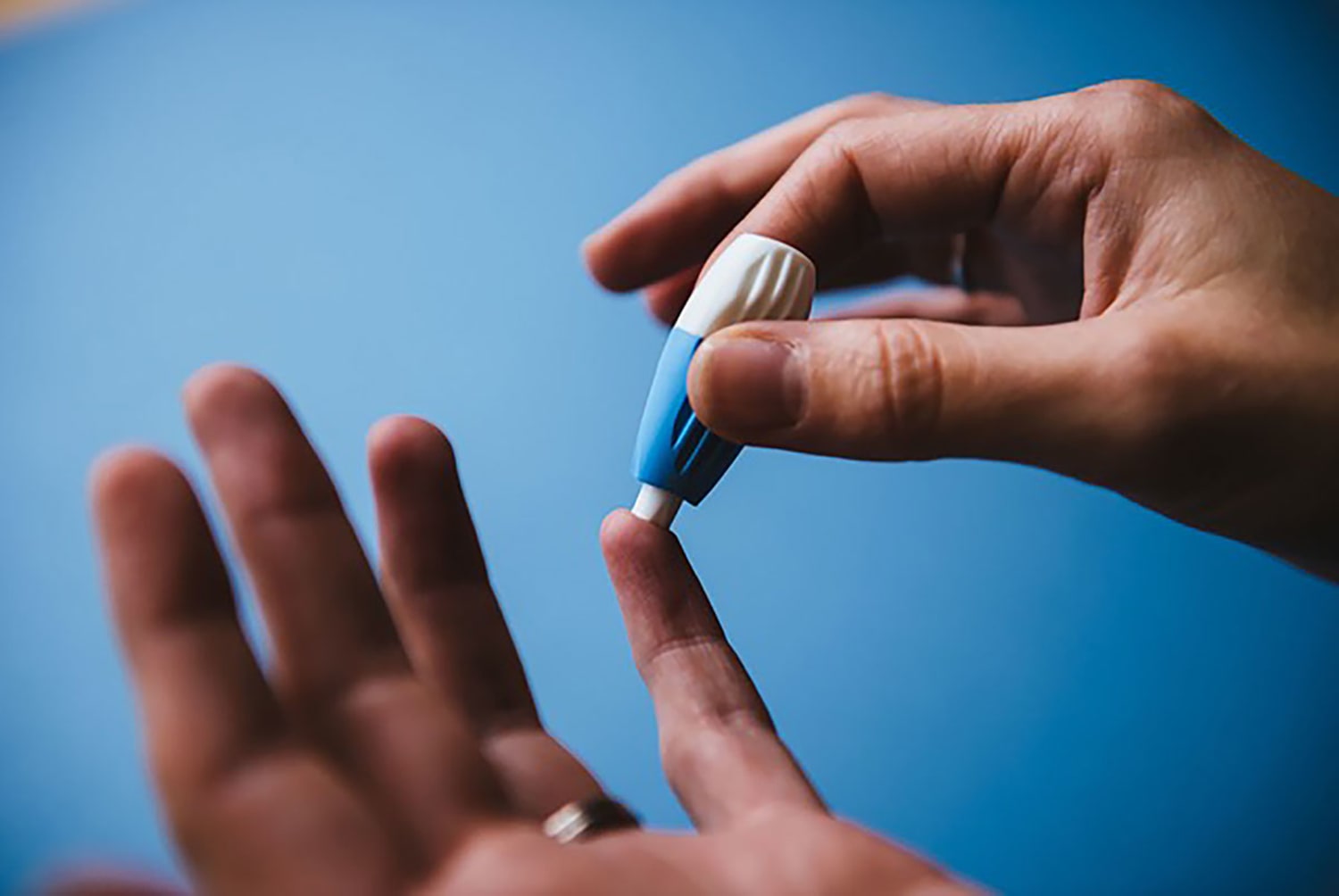Women are looking to their hormonal balance as key to their wellbeing, with a swathe of health apps, testing kits, and supplements coming onto the market to promote a greater awareness of how hormones impact overall health.
Dr. Monica Lascar of London’s Marion Gluck Clinic, which specializes in treating a range of conditions using bio-identical hormones, agrees that “there is an increasing awareness [of] the roles of hormones, and I welcome the explosion of the health and wellbeing culture that has also taken off,” says Lascar. “I’m glad hormones are becoming an integral part of this – they have been overlooked for so long, yet are so important to the way our bodies function.”
Lascar adds that she would “like to see more awareness on the effects of hormones on mood and energy levels generally, as part of a more holistic approach that may include a focus on real unprocessed food, the role of gut microbiome and an awareness on the impact of our environment, how chronic stress affects sex hormones, [and] awareness of the chemicals that we use every day [that] may contain endocrine disruptors [that affect] the efficiency of our hormones.”









